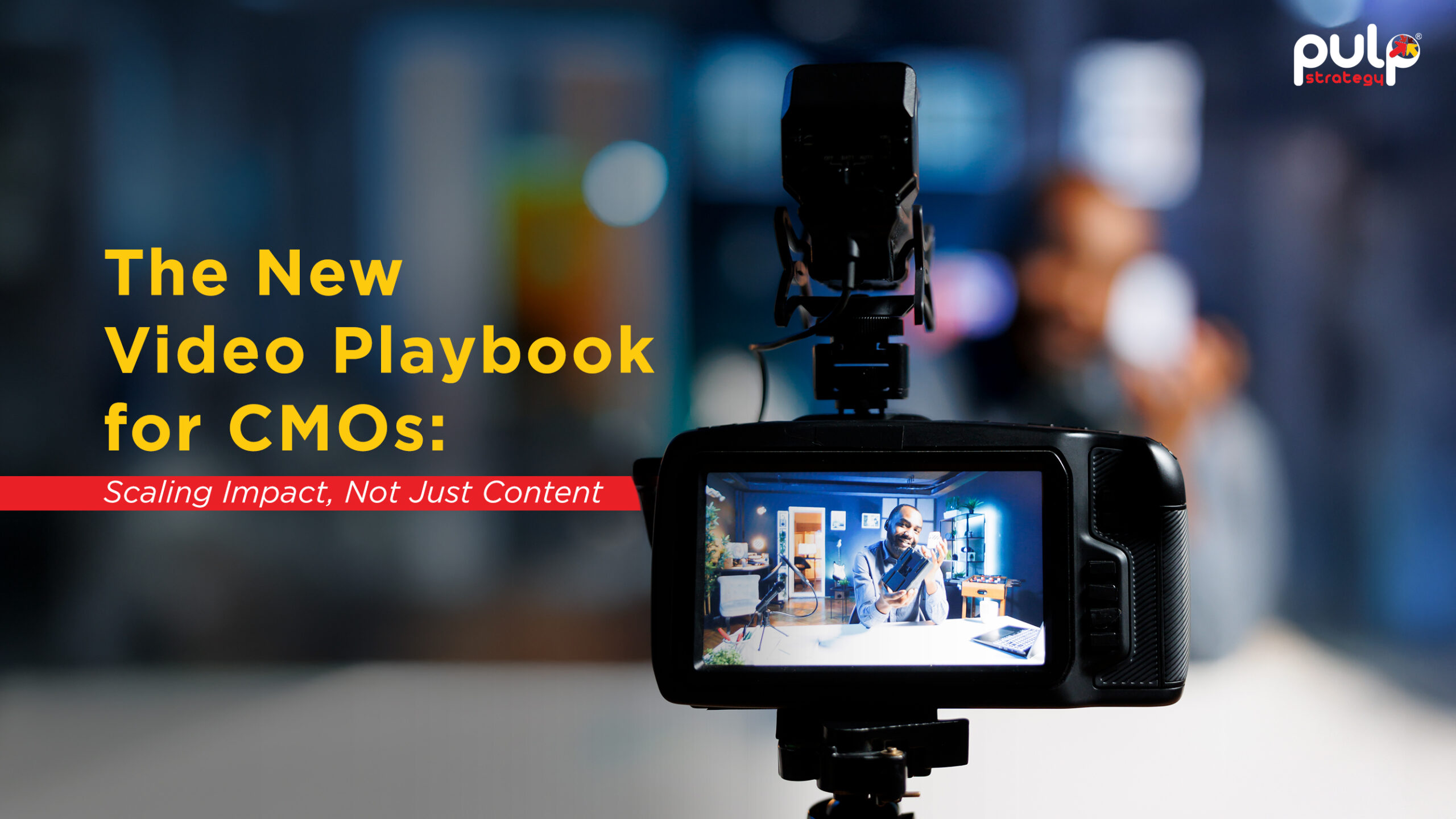Influencer marketing has been around for quite some time now and we have experienced brands reaping groundbreaking success with apt influencer marketing strategy. However, can we trust the impact and success of influencer marketing? Is it still relevant? In this blog, we will decode the future of influencer marketing and also discuss the latest trends implemented by various influencer marketing agencies.
“Influencers – they’re the best thing since sliced bread. But forget bread; they’re selling like hotcakes. They’re creating huge returns, and they’re only set to keep growing.”- Emily Warna
Many industry experts believe that a relevant influencer marketing strategy will keep doing wonders for brands. Many others believe that influencer marketing is a dying concept. We will be discussing everything about influencer marketing; the future it holds, new trends in this vertical and its relevance for B2B companies.
Future of Influencer Marketing
A 2021 survey by Influencer Marketing Hub has revealed a few crucial points that direct us towards the future of influencer marketing. According to this survey, 90% of respondents believe influencer marketing to be an effective form of marketing. The influencer marketing industry swelled to approximately $13 billion in 2021. Despite initial concerns that the pandemic would reduce the impacts of influencer marketing, it has increased. Sure, some industries have had to drastically cut back, such as tourism and airlines, but many others have adapted their business models to survive in the COVID era.
According to the INCA India Influencer Report, the surge in popularity has been connected to influencer marketing, which is the phenomenon of brands leveraging internet superstars to promote their products. Influencers now account for 73% of marketing expenses, compared to only 27% for celebrities.
These influencer marketing statistics point us towards the healthy future of relevant influencer marketing strategies.
Birth of the Influencer Network
The collective is the key to the future of influencer marketing. Instead of treating influencers as individuals, marketers should begin to classify them according to their affiliations. Influencer marketing, after all, is all about associating with the right people.
If you're associated with an influencer, your brand's reputation grows in proportion to their level of authority. Similarly, an influencer's reputation is based on the products they promote. For each niche, it's similar to establishing influence centres. The interconnection of diverse niches is emphasised in the future of influencer marketing. The most influential influencers will be those who can convey ideas between diverse groups.
The relevance of influencer networks is set to grow in the near future and play an important part in a brand’s influencer marketing strategy.
Growing Relevance of Micro-Influencers
Brands are starting to learn that less is sometimes more. The quantity of followers does not determine the effectiveness of any influencer marketing strategy. Many influencers acquire fake followers, resulting in a poor interaction rate. Micro-influencers, on the other hand, have fewer followers but work hard to develop intimate connections with their audience. As a result, their posts receive more engagement.
Micro-influencers are less expensive than popular influencers with a large social media following. Influencer marketing will be dominated by micro-influencers in the future. Many iconic brands are now following this strategy for their Instagram influencer marketing and reaping a strong impact with them.
Rise of Performance-Based Influencer Marketing
Because consumers need several touchpoints with a company to convert, influencer content augmented by performance marketing combines the best of both of these effective marketing tactics. Your content is created by influencers. They develop native ads that are more likely to resonate with customers, which can boost your advertising effectiveness and overall conversion. Analysts can then determine the most effective influencer content and produce paid advertising that is targeted to a specific demographic. Because influencer content is regarded as more genuine, it often leads to better levels of engagement and conversion. Keeping track of all this can be effectively done by influencer marketing agencies.
Making In-House Influencers
As more companies see the value of engaging with influencers, they are looking for new methods to do so. Simultaneously, they recognise the importance of cultivating long-term relationships with influencers in order to improve marketing. As a result, in-house influencer programs are the future of influencer marketing. In-house influencer marketing focuses on creating relationships with people rather than content delivery. This approach also allows companies and influencers to collaborate more closely. In-house influencers provide a level of loyalty and relatability that outside influencers can’t. As a result, their endorsements appear more genuine and authentic. These are the factors that will shape influencer marketing strategy in the future.
One of the biggest examples of an in-house influencer program is Macy’s. Macy's currently boasts one of the most extensive in-house influencer programs for its workers. Macy's Style Crew has turned 300 employees into brand ambassadors as part of their initiative. Employees at Macy's receive a commission for each sale made as part of the program. Employees that are admitted into the program are given free access to the majority of the store's merchandise.
CGI Influencers are the Future
The introduction of CGI influencers to the influencer marketing industry has altered how brands think about collaborations. CGI influencers, for the uninitiated, are influencers who are created using computer-generated imagery.
Programmers and designers spend hours creating each scene from a CGI influencer's life in the virtual world. CGI influencers are spotted posing in exotic destinations on their social media feeds. Brands are increasingly using CGI influencers because they give them complete control over how their products are sold. It is possible to avoid the uncertainty that comes with real-life influencers. CGI influencers are set to play a major role in the future of influencer marketing.
Importance of Influencers in B2B
Influencer marketing is still popular among B2B companies, as evidenced by Adobe, SAP, GE, and PWC. Because the influencer is promoting the product, influencer marketing strategy automatically conveys context and relevance.
With this, we can say that influencers are still very much relevant and can churn out preferable results for the brands. A seamless influencer marketing strategy can promise high ROI and can prove to help create a certain brand identity. To craft perfect influencer marketing strategies, brands can approach leading influencer marketing agencies for a dedicated and holistic plan.
For a detailed insight on this topic, you can download our annual playbook DIGITAL PLATTER: 2022 from by Clicking on this LINK.







